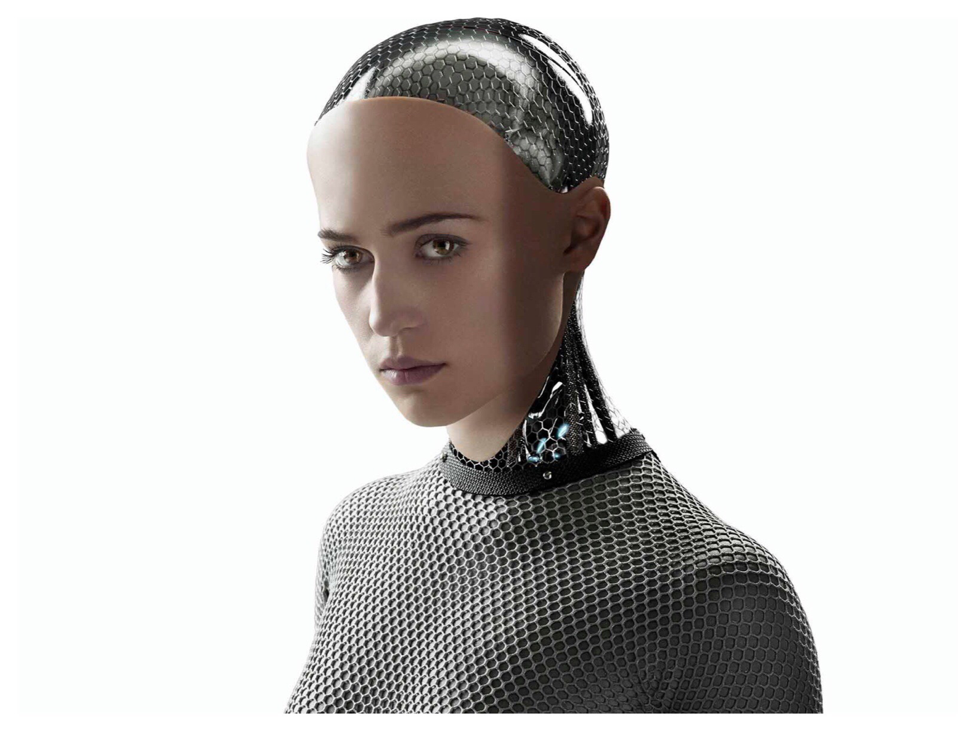But the piece that everyone is missing is that automation doesn’t work unless you have a large market. So for the sake of argument, what happens when everyone starts to lose their jobs due to getting displaced by robots and computers? The available market will shrink. There are less potential buyers of products created by robots.
What do you call a company that has invested in AI and robots? A high fixed-cost producer. That means when your volume goes down your costs stay high. This is bad. If automation leads to mass unemployment, sales volumes for companies fall, and all these high fixed-cost producers either sell products at a loss, sell their automated equipment, or go out of business. These companies become less competitive against companies that use human labor. Human labor is considered a variable cost. It can go up or down depending on your volume with overtime or layoffs. This would allow a non-automated company to beat a high fixed-cost company in a downturn.
My point is that automation is not a genie that once let out of the bottle can grow like a virus. It is held in check by an all-important factor. That factor is unit volume. Factory automation can only grow as fast as the market will support it and not beyond that. Robots and volume will naturally settle into an equilibrium where productivity is enhanced as much as possible without destroying the market it sells too.
But we should be hoping for more and more automation. Because this causes prices to come down. If you were to compare what people own today versus what people owned 50 years ago, or even 25 years ago you’d find a surprising reality. People today own nicer cars, more televisions, better computers, etc. And they’ve paid less money for it.
Everyone worries about people shut out of high-paying factory jobs, but they ignore the flip side of that. Things will cost less in the future. Robots are maximizing productivity. Kind of like a farmer who can grow more corn per acre with a tractor. You won’t necessarily need a high-paying factory job in the future to pay for a house, car, and have a family.
What if an artistic job that paid you $10 an hour allowed you to afford a house and a new car? Robots are the only chance we have of ever making this a reality. Because increased productivity makes everything cheaper.



 RSS Feed
RSS Feed